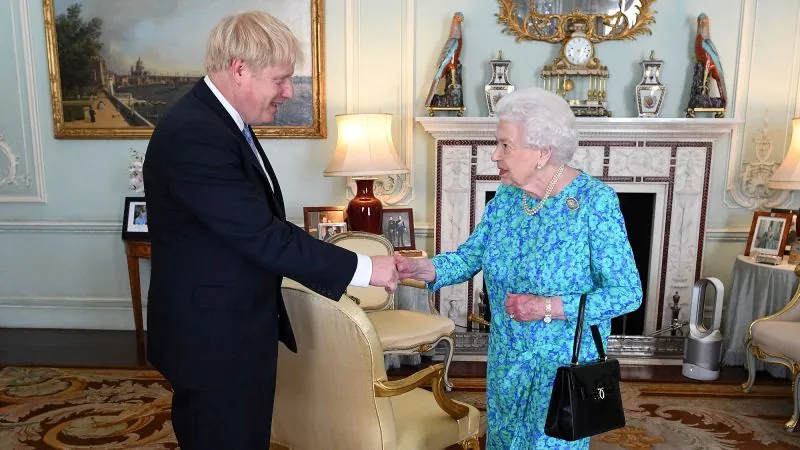
Ratan Tata, Architect of a Global Business Empire, Passes Away at 86
2024-10-10
Author: Kai
Ratan Tata, the towering figure of Indian industry who turned the Tata Group into a global powerhouse with iconic brands like Jaguar Land Rover and Tetley Tea, passed away on Wednesday in Mumbai at the age of 86. The news was confirmed by the Tata Group, although the cause of death was not disclosed due to recent hospitalizations in critical care.
Under Ratan Tata’s leadership from 1991 to 2012, the Tata Group’s profits soared an astonishing 50-fold, with a significant portion of revenue generated from international ventures. Despite the conglomerate's global success, Tata’s influence in India remained profound. For millions of middle-class Indians, Tata products were a part of daily life—whether it was starting the day with Tata tea, watching Tata Sky television channels, or using Tata Steel in construction projects.
In the competitive landscape of Indian business, Tata’s philanthropic efforts distinguished him from emerging conglomerates, which have begun to rival his empire. Known for his generous donations, he effectively reshaped parts of the Indian economy, directing significant funds towards education, health, and agriculture, with a vision to uplift the underprivileged.
A notable aspect of the Tata Group is its unique ownership structure, with a majority of shares held by philanthropic trusts founded by the Tata family. This model has often been cited as a reflection of Tata’s commitment to social responsibility and ethical business practices.
Ratan Tata was not only a successful businessman but also a symbol of modesty and humility. He was an enigmatic figure, rarely seeking personal publicity, and lived a life away from the spotlight—never marrying or having children. Yet, his career was not without controversy; a high-profile legal battle arose late in his tenure when he succeeded in ousting his chosen successor, a situation that captured the media's attention for years.
Born on December 28, 1937, during the British rule in India, Tata hailed from the Parsi community. His family legacy began with significant ventures in the opium trade and textiles. Rising through the ranks of the family business starting in 1962, he overcame initial setbacks, including challenges in the electronics sector, to become the leader of the Tata Group.
As a business leader, Tata was faced with the monumental challenge of maintaining the family's legacy while navigating the complexities of modern corporate governance. His tenure culminated in a significant corporate saga involving the controversial ousting of his successor, Cyrus Mistry, which led to a protracted legal dispute that echoed throughout India.
Beyond business, Tata's contributions to society included substantial financial support for educational institutions such as Cornell University and Harvard Business School, both of which he attended. Esteemed not just for his business acumen, Tata's legacy will undoubtedly be remembered for its profound impact on society and the Indian economy.
Survived by family members including his stepmother Simone and his brother Jimmy, Ratan Tata leaves behind a monumental legacy that extends far beyond corporate success, embodying a blend of entrepreneurship, philanthropy, and commitment to social welfare that will inspire future generations.
As the world reflects on the life of Ratan Tata, one can't help but question: What will his passing mean for the future of the Tata Group and the landscape of Indian business? Only time will tell how his legacy continues to shape the industry.





 Brasil (PT)
Brasil (PT)
 Canada (EN)
Canada (EN)
 Chile (ES)
Chile (ES)
 España (ES)
España (ES)
 France (FR)
France (FR)
 Hong Kong (EN)
Hong Kong (EN)
 Italia (IT)
Italia (IT)
 日本 (JA)
日本 (JA)
 Magyarország (HU)
Magyarország (HU)
 Norge (NO)
Norge (NO)
 Polska (PL)
Polska (PL)
 Schweiz (DE)
Schweiz (DE)
 Singapore (EN)
Singapore (EN)
 Sverige (SV)
Sverige (SV)
 Suomi (FI)
Suomi (FI)
 Türkiye (TR)
Türkiye (TR)